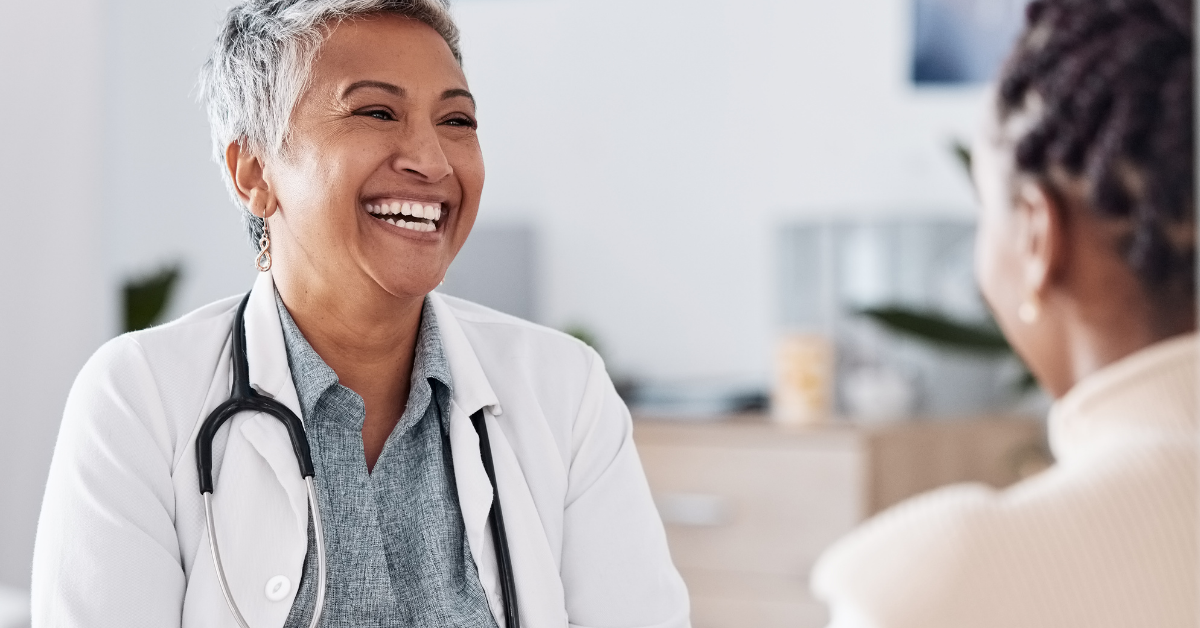Minnesota Academy of Family Physicians (MAFP) member Stephanie Aldrin, MD, a third-year resident physician at the University of Minnesota St. Joseph’s Hospital Family Medicine Residency, shares her experience with getting vaccinated for COVID-19 and urges you, when it’s your turn, to get the shot.
I looked forward to being vaccinated since the rumblings of a COVID-19 vaccine first started. I received my first dose of the Pfizer vaccine during a work shift and only had a slight discomfort in my arm that lasted a couple days. Because of the information we had from clinical trials, I anticipated that I could feel unwell after my second dose due to the reactogenicity, a normal response to being vaccinated as the body prepares to fight an infection. On January 5, 2021, I received my second dose. Early the next morning, I woke up feeling awful—body aches, chills, nausea and a headache. I spent the day on my couch, in and out of sleep. By the next day, I felt better, but still tired.
Again, this reaction, though unpleasant, was expected. My response to the second dose reassured me that my immune system was doing its job. A few days later, I returned to my favorite winter activities: snowshoeing, cross-country skiing and ice skating. I was completely back to normal after a couple days of interruption.
In contrast, people with similar symptoms from a COVID infection can end up hospitalized in the intensive care unit a few days after their symptoms start. Even people that were ill with COVID-19 but okay to stay at home for a week or two can end up with long-term COVID symptoms. Some patients still have difficulty walking upstairs months after their illness.
While I wish all vaccinations came free of side effects, these reactions occur because our bodies have to work to build the immune response. We need to have at least 70% of people vaccinated to reduce the spread and transmission of SARS-CoV-2. We expect that some people will feel ill for a couple days after the vaccine and can plan for this to occur.
THIS IS OUR SHOT to take care of each other, reduce the spread and, some day, gather in large groups again. Right now, I’m grateful—being vaccinated means that if I am exposed to COVID-19, it reduces of my risk of developing and being hospitalized for COVID-19. I feel safer doing my job.
When it’s your turn, vaccinate yourself to protect you, your family and the community around you.*
*Unless you have contraindications to the vaccine such as anaphylaxis to prior COVID19 vaccination.
MN Family Docs Getting The COVID-19 Vaccine
Get Answers to Your Questions on COVID-19 Vaccination
- COVID-19 Myths & Facts, American Academy of Family Physicians
- COVID-19 Frequently Asked Questions, American Academy of Family Physicians
- COVID-19 Frequently Asked Questions, Centers for Disease Control & Prevention
- About COVID-19 Vaccine, Minnesota Department of Health
- Where to Get Vaccinated in Minnesota, Minnesota COVID-19 Response Team
Additional Resources, Featuring MN Family Docs
- COVID-19 vaccine discussion, featuring MAFP Resident Physician Ramla Kasozi, MD, MPH (Facebook video)
- Minnesota Public Radio’s “Hallberg’s Picture of Health,” talking about what works in fighting COVID-19, featuring MAFP member Jon Hallberg, MD (audio)
- Community Health Centers Are Ready to Vaccinate the Vulnerable…, U.S. News & World Report, featuring MAFP Health Equity Task Force co-chair Roli Dwivedi, MD (article)
- MAFP Alternate Resident Director Rose Marie Leslie, MD, shares her side effects from vaccination (TikTok)
- Follow the #ThisIsOurShot campaign on Twitter

_ _ _ _ _ _ _ _
Post author: Stephanie Aldrin, MD, third-year resident, University of Minnesota St. Joseph’s Hospital Family Medicine Residency, @stephaniealdrin




